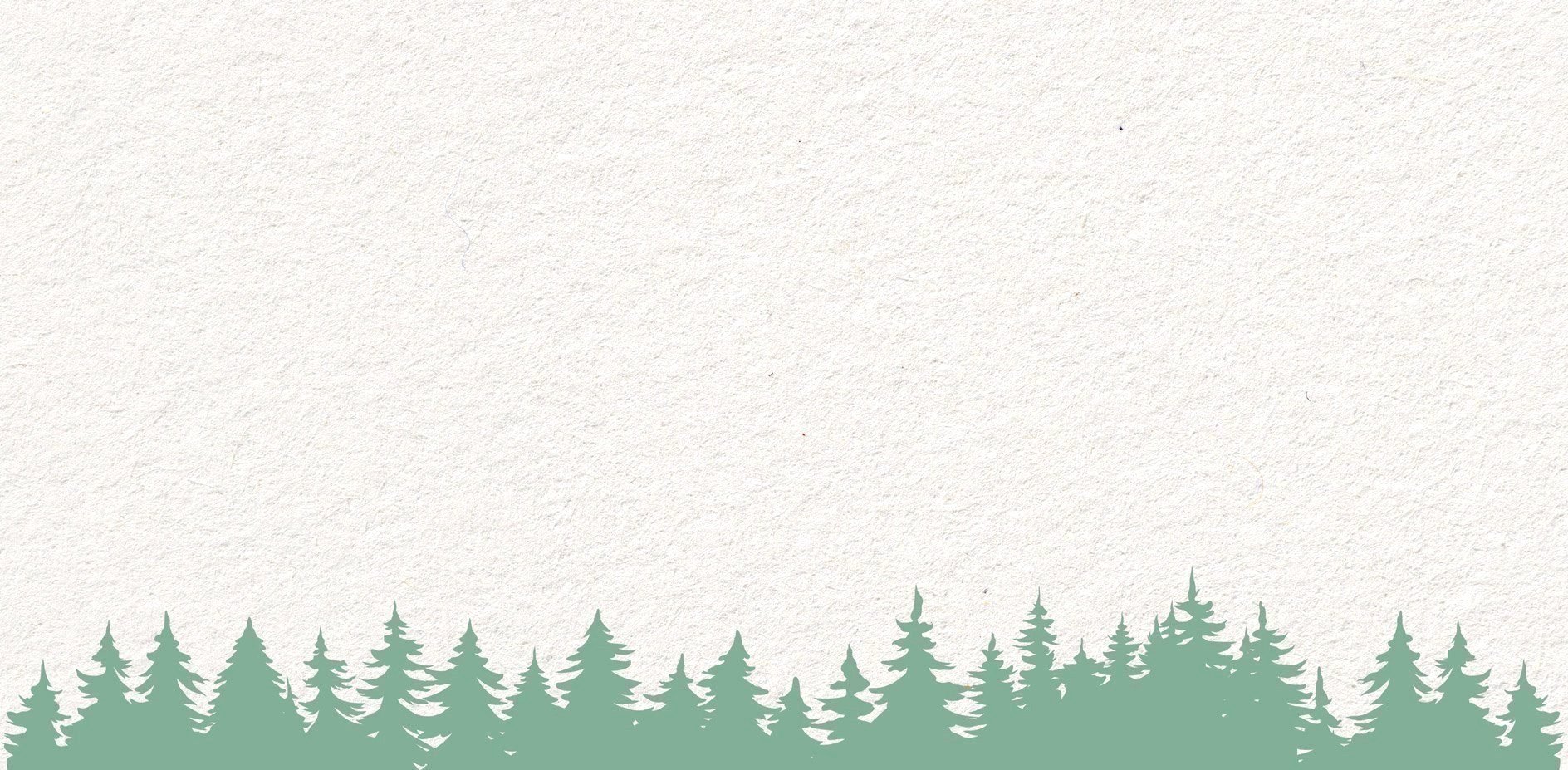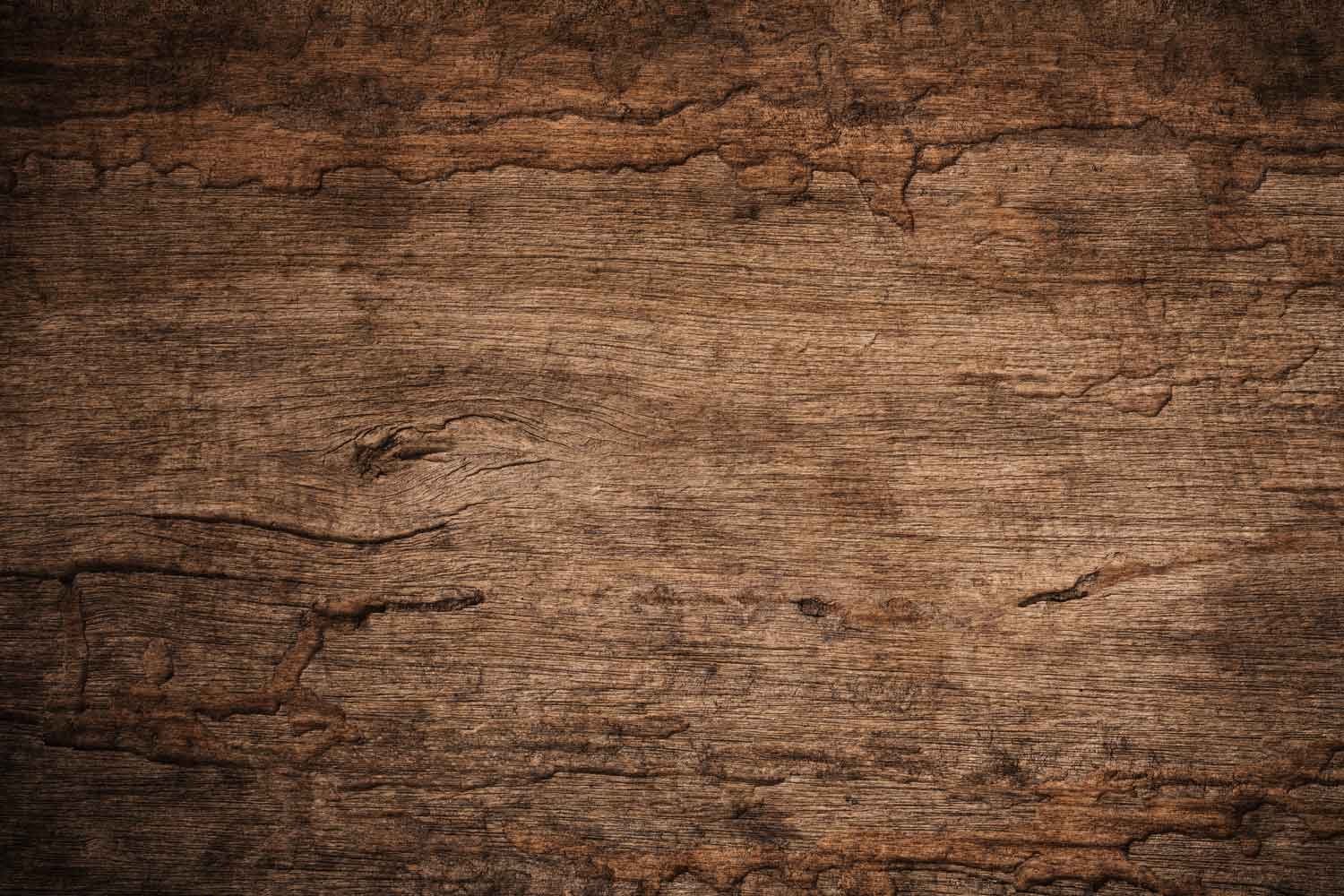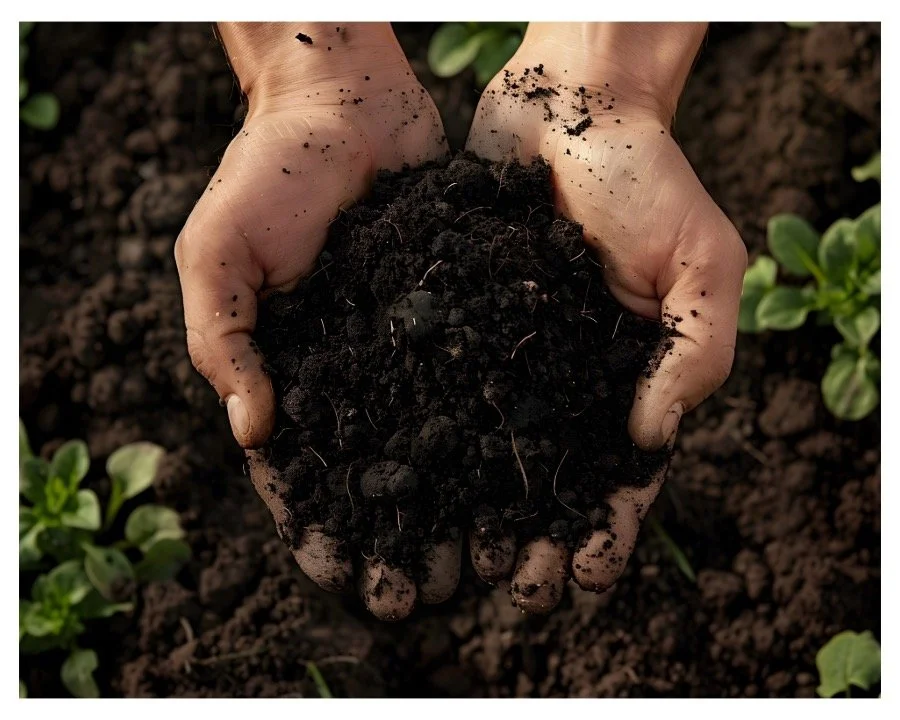
Biochar
Revive Your Roots with Biochar that Brings Soil to Life.

Make a
Difference
Charge Biochar before adding!
Add Biochar to soil: about 5-10%
Add Compost to your Soil 1:1, min.
Soil + Biochar + Compost = Fertile Soil.

-
Cut Hazardous Trees
On hazardous mitigation projects we clear forest floors and cut trees that are dead and/or impact homes.

-
Transport Materials
After a tree is cut and sectioned, it is transported to our yard for processing.

-
Burn Wood
Wood that does not qualify for firewood, wood chips, or timber is used for biochar. It is burned at a high heat, doused, mixed, sifted, then quality tested.

-
Available
Ready for pick up or delivery!


Is BioChar Right for You?
Biochar offers a wide range of benefits for both individuals and businesses. Here are some key reasons why people around the world are using it:
Soil Improvement: While not a fertilizer, Biochar enhances soil by improving structure, boosting water retention, promoting plant growth, raising pH levels, and supporting beneficial microbes.
Increased Crop Production: Studies show Biochar can suppress diseases in plants like tomatoes, peppers, strawberries, and asparagus, while increasing crop yields for chrysanthemums, tomatoes, lettuce, and basil.
Carbon Sequestration: Biochar captures and stores carbon in the soil, helping reduce greenhouse gas emissions and mitigate climate change.
Improved Water Quality: It helps filter pollutants from water and reduces the impact of agricultural runoff, while also enhancing water retention and drainage.
Reduction of Greenhouse Gases: Biochar reduces methane and nitrous oxide emissions from soils, contributing to lower agricultural pollution and overall greenhouse gases.
Balanced Soil pH: Biochar neutralizes acidic soils, making them more suitable for agriculture.
Waste Management: It can be made from organic waste materials, offering a green recycling method and reducing waste.
Biochar is a valuable tool for sustainable agriculture, climate change mitigation, and environmental conservation.
Why BioChar? Facts & FAQs
Biochar is an ancient practice believed to have originated with Pre-Colombian Amazonians. They would bury and burn agricultural waste, creating a soil-enriching product that fostered a fertile environment for crops to thrive.
Whether using it for feed or plants, a little goes a long way! Check the section below for recommended ratios. A successful mix of charged soil (soil + biochar + fertilizer) naturally resists disease and insects, promoting soil fertility that can last for hundreds of years.
It’s important to "charge" Biochar before use to unlock its benefits. If not charged, it can absorb vital nutrients like nitrogen, temporarily depleting the soil. Once properly charged, Biochar has no negative effects. With a high pH (8.5+), it should be diluted, as most plants thrive in a mid-range pH.
The best Biochar comes from the forests and lands we serve, where excess woody material that fuels wildfires can be repurposed. After collection, we fuel our kiln and begin the roasting process.
Compost materials for "charging" Biochar include animal manure, kitchen scraps, hot compost, vermiculture, lawn clippings, and more.









